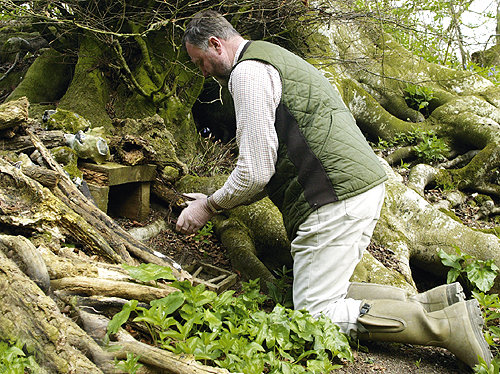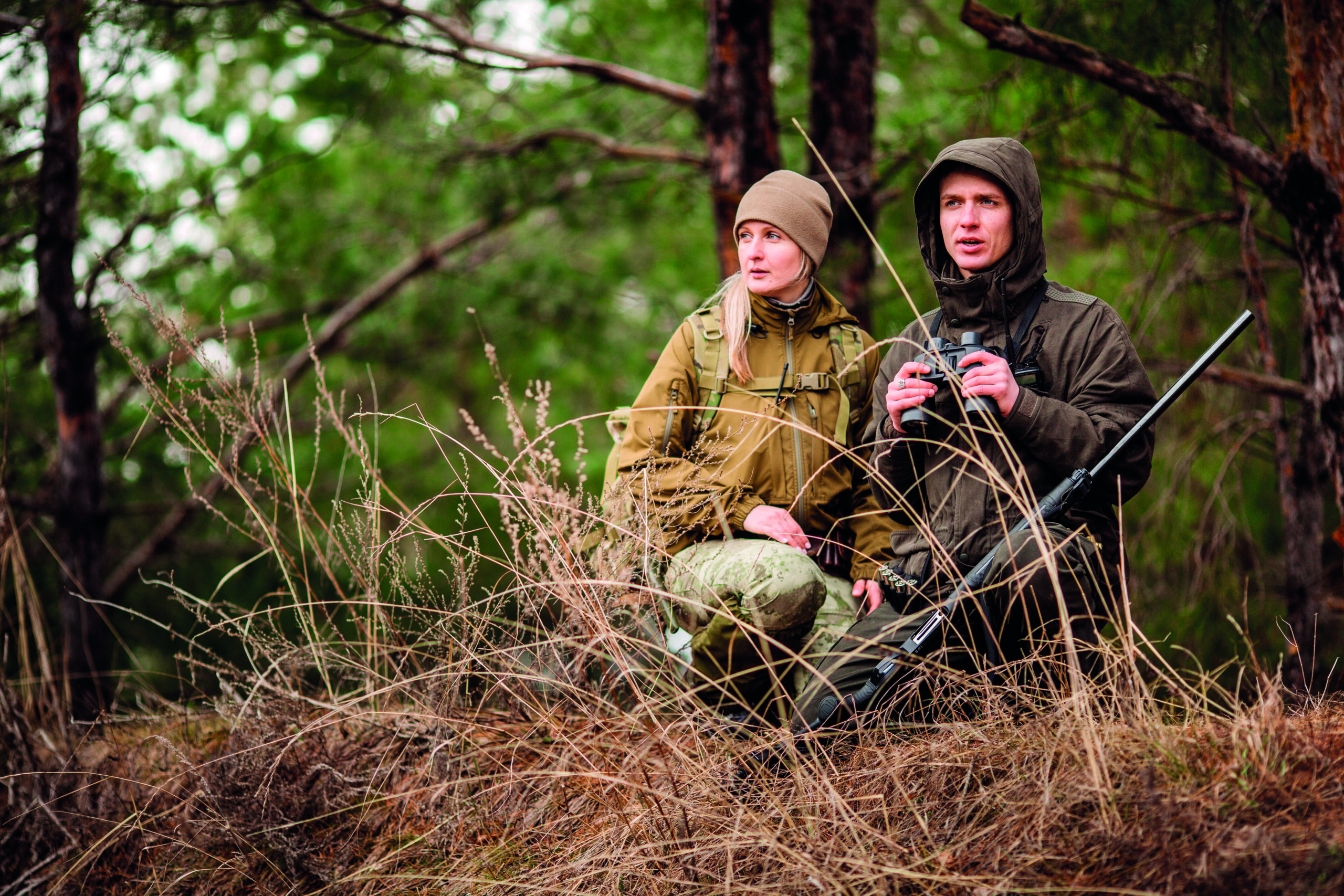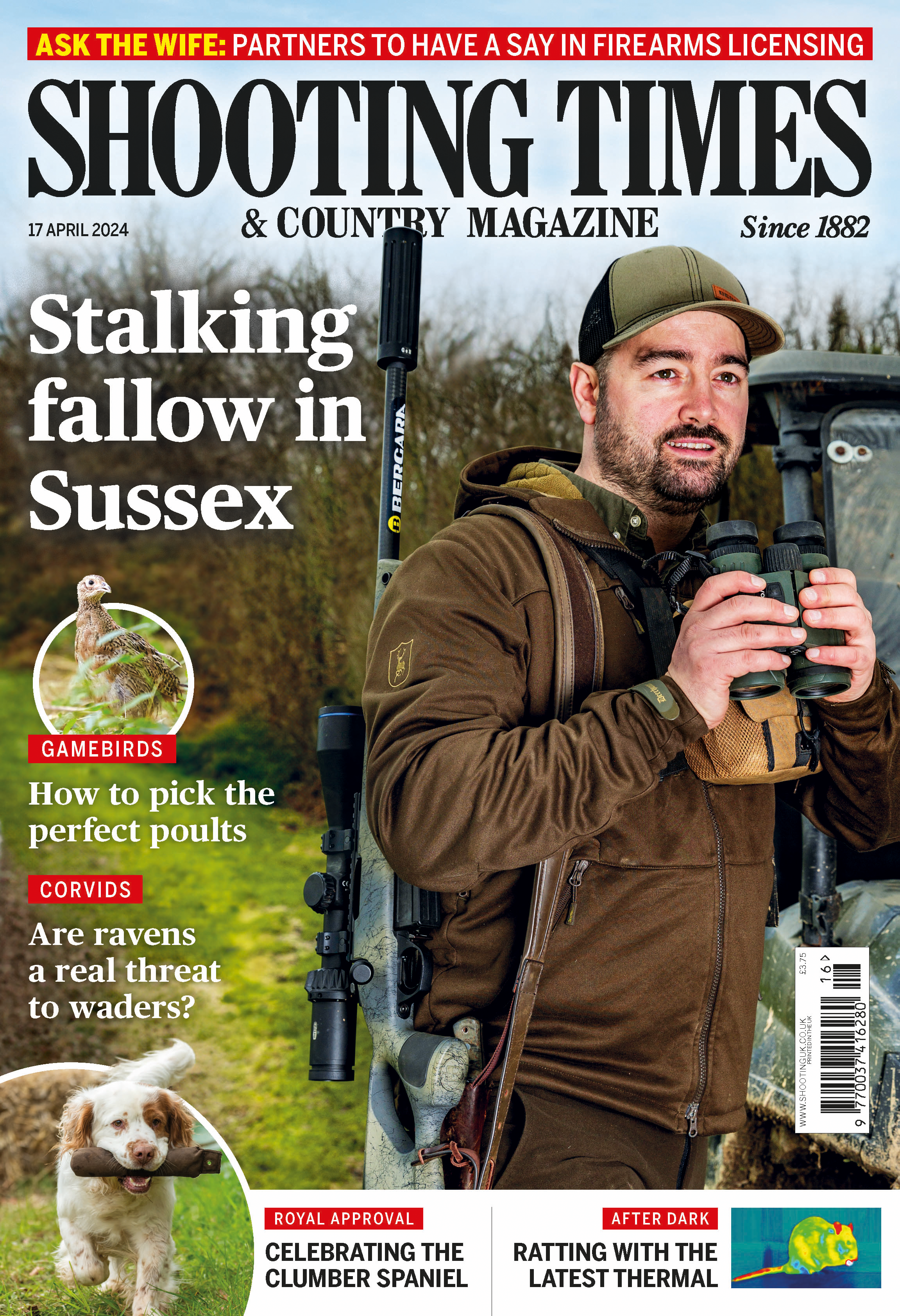Conservation groups call for future predator control

The RSPB in Scotland has lent its support to the idea that predator control should form part of Government funded conservation.
At a conference last month on the future of Common Agricultural Policy (CAP) funding, the idea that predator control options should be more widely available as part of conservation ?bundles? was broadly welcomed.
When asked about this aspect of the conference, director of RSPB Scotland Stuart Housden, who attended the event in Perth, told Shooting Times: ?There is growing evidence that legal predator control will help the recovery of some ground nesting birds, though predator control alone is no substitute for targeted habitat management for scarce birds such as capercaillie, blackgrouse and waders.?
Dr Adam Smith, director for Scotland at the Game & Wildlife Conservation Trust (GWCT), who was also at the meeting, concurred that predator control should be carried out not in isolation but as part of a package of targeted measures.
He said: ?Among the many topics discussed, there was a strong feeling that predator control should be more widely supported.
However, predator control alone may not be effective ? one could say that, no matter how many crows are killed in a car park, you won?t get lapwings to nest on tarmac.?
Were such grants made available in the future, they could help to fund the work of gamekeepers, who are used to combining predator control with other conservation measures.
The policy is not new to Scotland.
Scottish public funds currently pay for grey squirrel and mink control and have funded hedgehog and rat elimination for the protection of ground nesting birds.
Predator control is also funded through grants for capercaillie and blackgrouse protection, which, in some cases, have employed gamekeepers.
However, conservationists believe that options for predator control should be rolled out across Scotland where appropriate and linked to grey partridge and wading bird conservation.
The event in Perth was organised by the GWCT and the Moorland Forum and was attended by around 120 delegates representing agencies, significant land managers, consultants and charities in Scotland, including the NFU Scotland, RSPB Scotland and Scottish Natural Heritage (SNH).
In the final speech of the conference, Jo O?Hara, head of natural heritage management at the Scottish Government, welcomed the GWCT studies which had been presented earlier.
She said, ?I congratulate the GWCT for giving me the science to go to my counterparts and for providing robust, policy focused research.?
However, she is pessimistic about the possibility of CAPfunded predator control being accepted by the European Union.








